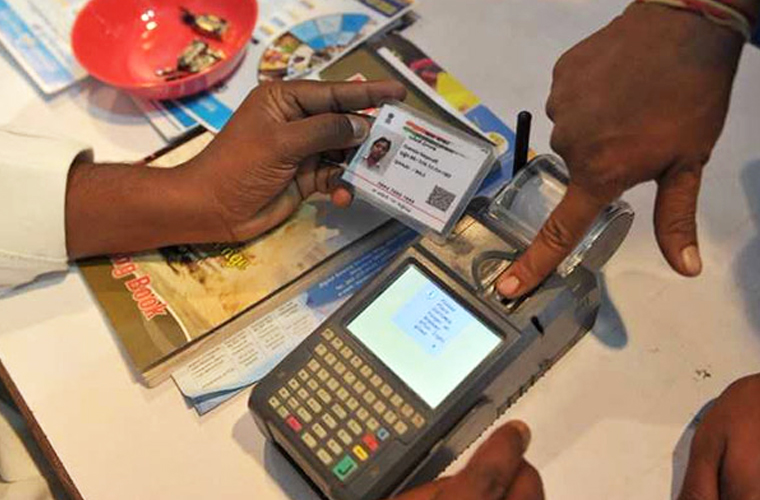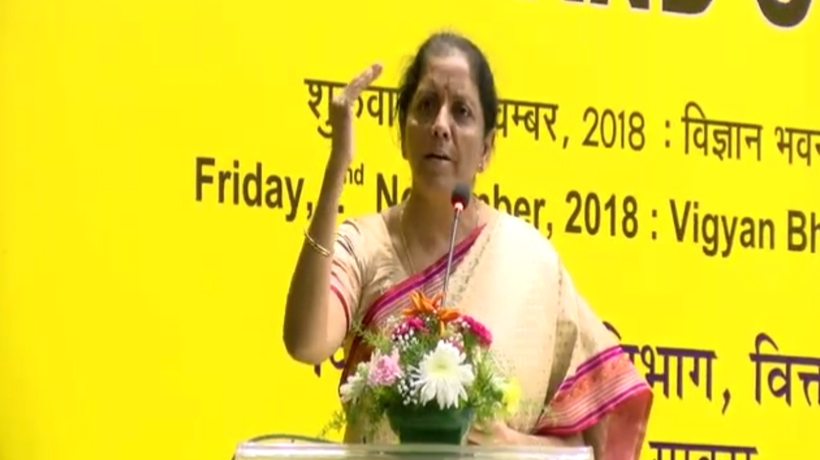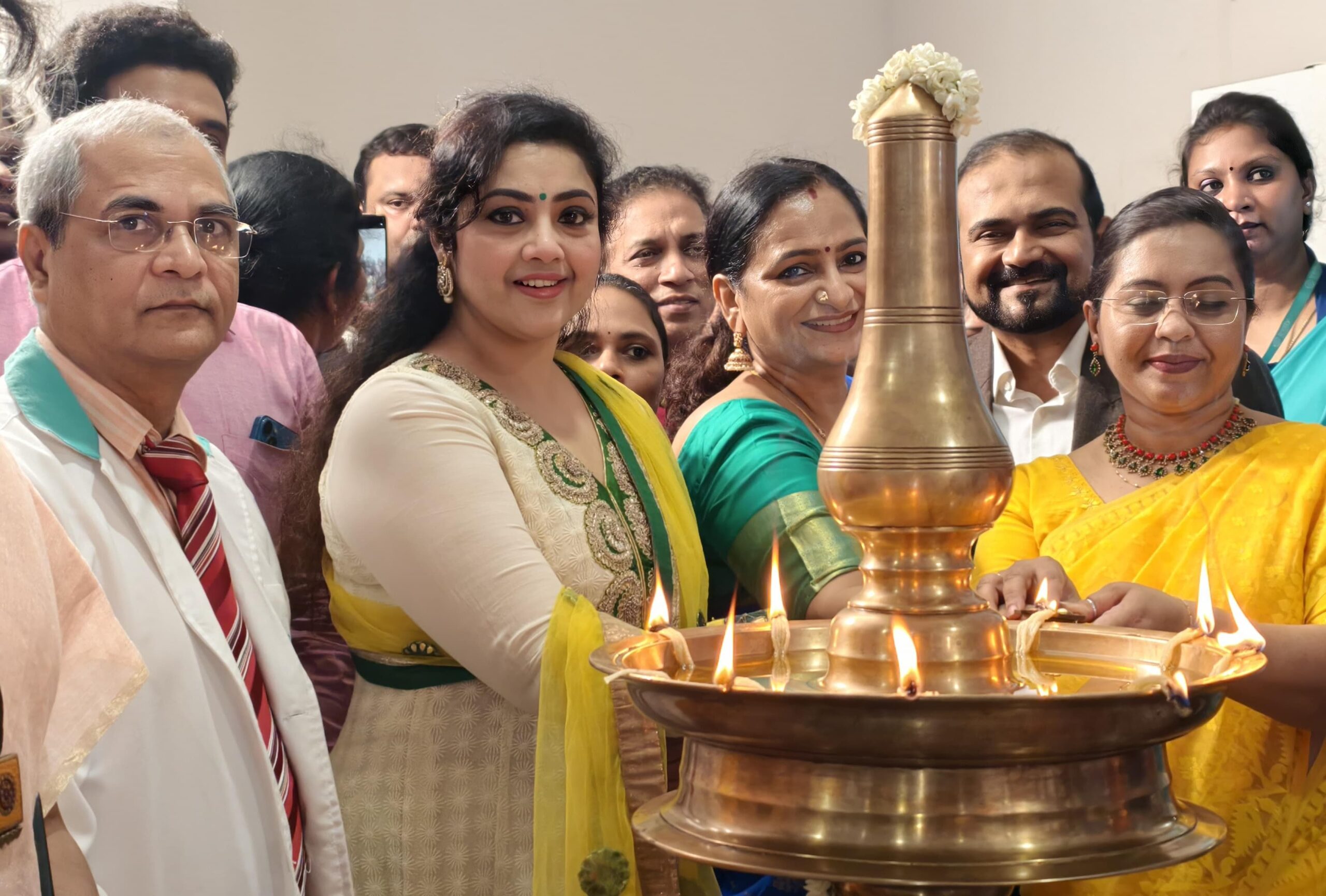Trending Now
- Alliance talks between AIADMK and BJP are ongoing. An announcement will be made at the right time – Union Home Minister Amit Shah.
- Vijay spoke about TVK vs. AIADMK only to motivate party workers – AIADMK General Secretary Edappadi K. Palaniswami.
- South Indian audiences are not interested in Hindi films, which is why they don’t succeed – Salman Khan.
- KL Rahul joins Delhi Capitals; the team will face Hyderabad tomorrow.
Whats Hot
Privacy A Fundamental Right: 10 Points On Huge Supreme Court Verdict
![]() August 24, 2017
August 24, 2017
Right to privacy: The Supreme Court order is based on an array of petitions that have challenged the mandatory use of Aadhaar cards which assign a unique ID to every citizen.
Edited by Deepshikha Ghosh
In a landmark verdict, the Supreme Court today said that privacy is a constitutional right. 9 judges were unanimous in their finding, though they cited different reasons for their conclusion. The verdict on the right to privacy today is a major setback for the government, which had argued that the constitution does not guarantee individual privacy as an inalienable fundamental right. The judges concluded today, “The right to privacy is protected as an intrinsic part of the right to life and personal liberty under Article 21 and as a part of the freedoms guaranteed by Part III of the Constitution”.
Here is your 10-point guide to the right to privacy verdict:
The right to privacy “is protected as an intrinsic part of Article 21 that protects life and liberty,” the Supreme Court ruled.
The order is based on an array of petitions that have challenged the mandatory use of Aadhaar cards which assign a unique 12-digit ID to every citizen. The Aadhaar database links iris scans and fingerprints to more than a billion people.
Today’s verdict does not comment on whether the government’s demand for Aadhaar to be linked to all financial transactions amounts to an infringement of privacy.
That decision will be taken by a separate and smaller bench of the Supreme Court. But experts said that today’s ruling could prompt the government to tweak its arguments in that case.
All fundamental rights come with reasonable restrictions, said noted lawyer Prashant Bhushan. Whether Aadhaar can be seen as a reasonable restriction has yet to be decided, he cautioned.
In May, then Attorney General Mukul Rohatgi rejected suggestions that Indians could refuse to provide their iris scans or fingerprints to the government, telling a court “the concept of absolute right over one’s body was a myth”.
The petitioners in today’s case had stressed that the Aadhaar database was originally presented as a purely voluntary programme that offered to provide every Indian with an identity card.
The government says Aadhaar is essential for all services including tax returns, opening bank accounts and securing loans, pensions and cash transfers for those entitled to welfare schemes. It has rejected suggestions that the Aadhaar programme, set up in 2009 by the previous Congress-led government, poses a threat to civil liberties.
Critics say the Aadhaar identity card links enough data to allow profiling because it creates a comprehensive profile of a person’s spending habits, their friends and acquaintances, the property they own, and a trove of other information.
There are fears the data could be misused by a government that argues Indians have no right to privacy. There have been recurring reports of Aadhaar details being accidentally released, including on government websites. UIDAI, the agency that governs Aadhaar, has repeatedly said that its data is secure.























